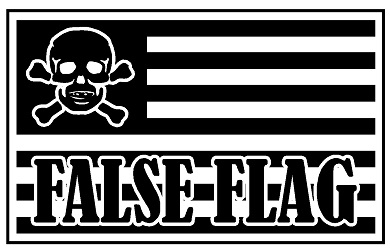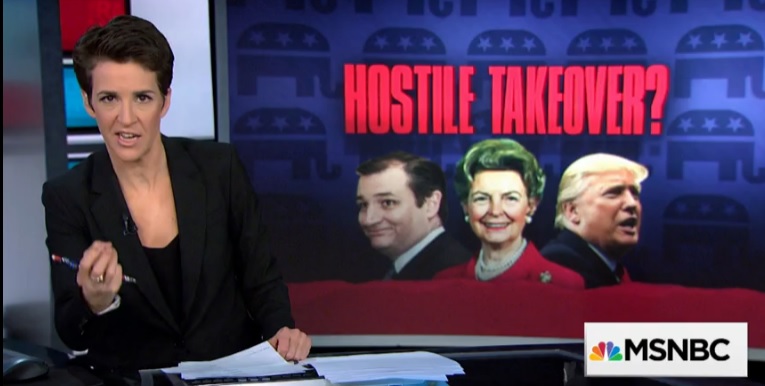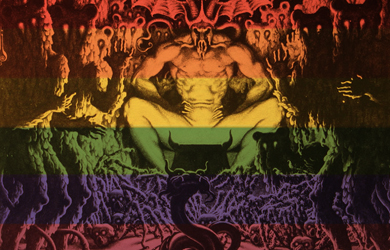The rise of the Tea Party and economic libertarians has inspired a revitalization of Ayn Rand’s book sales and sparked more curiosity for her ‘Objectivist’ thinking. Leading Republicans have embraced Rand, as Rep. Paul Ryan (R-WI) called Rand the “the reason I got involved in public service” and Rep. John Campbell (R-CA) gives a copy of Atlas Shrugged to his interns. The movie Atlas Shrugged: Part I premiered at CPAC and won burgeoning interest from conservative moviegoers, until it received abysmal reviews that were so bad it convinced the producer to drop plans for parts II and III.
But Religious Right leader Chuck Colson isn’t happy with the Ayn Rand retrospective. He made a two minute video attacking Rand and her devotees, deriding Rand as an anti-Christian atheist. “Not only should you stay away from the film,” Colson says, “you ought to stay away from anybody who wants to see the film, unless their interest is ironic.” Colson warns that Rand’s “patently anti-Christian ideas seem to be gaining steam” among conservatives, cautioning that her Objectivist philosophy is the “antithesis of Christianity” and that her followers are “undermining the Gospel”:
Colson also posted an article that expresses bewilderment on how Ryan or any other politician could have been inspired by Rand:
What makes this newly-renewed regard especially troubling is that Rand’s worldview is explicitly anti-Christian. She once said she wanted to be known as “the greatest enemy of religion.” And when Rand said “religion” she meant Christianity, which she once called the “kindergarten of communism.”
For Rand the idea of God, as understood by Christianity, was “degrading to man.” According to her, the only god who can bring men peace and joy was not the great “i am” but “I.” Yet even some prominent Christians are being sucked in.
It shouldn’t surprise you to learn that her worldview, called Objectivism, which rejects love of God, has even less regard for love of neighbor. Jennifer Rubin, who wrote the definitive biography of Rand, says that “whereas traditional conservatism emphasized duties, responsibilities, and social interconnectedness, at the core” of Rand’s ideology “was a rejection of moral obligations to others.”
Thus, Rand could say that the world was “perishing from an orgy of self-sacrifice.” Not because it was true but because, for Rand, any regard for your neighbor was an offense against the only god who mattered: the self. How such a toxic idea can inspire “public service” is beyond me.








